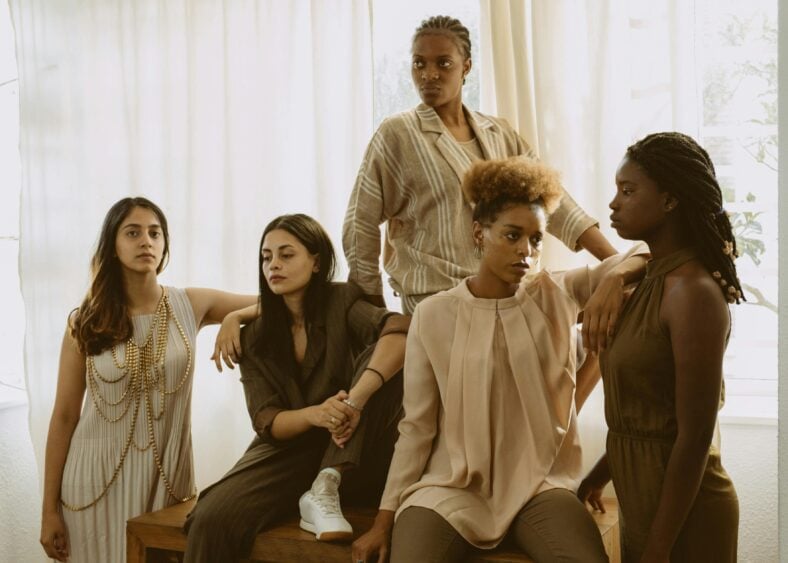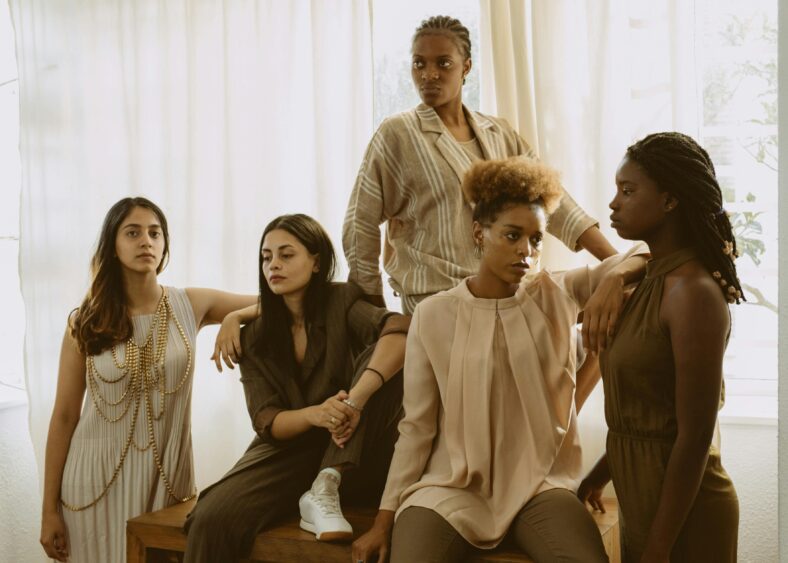
Members of our editorial staff were not involved in the creation of this content.
With issues affecting women gaining increased attention in public discourse, a new survey might surprise everyone. As stress levels continue to rise among women, new data reveals that a third of women (34 percent) reported not experiencing significant gender-related challenges in their lives. A Censuswide survey of over 2,000 adults (21 plus), commissioned by Northerner.com, found that in 2025, only a small minority of women identified gender equity in sports as a top concern for them. These findings highlight that women have other important matters when it comes to day-to-day life.
While the news cycle amplifies ongoing debate about gender issues on both sides of the spectrum, the survey points to a more nuanced reality with a generational divide in women’s priorities. Younger women (21–24 years of age) expressed the greatest concern about reproductive health and access to care (48 percent), while older women (55 plus) were more likely to report not facing significant gender-related concerns (45 percent).
Top Concerns For Women
Less than 9 percent of female respondents viewed gender equity in sports as a pressing concern in their lives. Instead, safety from violence and harassment, mental health support, reproductive health, maternal health and well-being, and access to affordable childcare all ranked higher. Among the women who did recognize disparities, 26 percent said equal pay and workplace equity are their top concerns, which is validated by research on the topic. Women are paid 84 cents for every dollar a man makes, a gender wage gap that spans all professions, even those typically held by women, according to a report released by IWPR last year. Their analysis also found that women earned less than men for full-time work in all 20 of the largest occupations for women and all of the 20 largest occupations for men.
“Women have long navigated demanding environments and societal pressures—a combination that brings forth unique behavioral patterns,” said Dr. Marina Murphy, Senior Director of Scientific Affairs at Northerner.com. “Research shows that women are good at seeking out social support and leaning on close connections during stressful times. However, it is not surprising that stresses and strains can also make it hard to resist bad habits like smoking. This natural human response to stress makes it even more important that there be viable alternatives, like nicotine pouches, that can provide nicotine without the need to inhale deadly toxic cigarette smoke.”
The data on pressing concerns for women could be a sign of progress, or it could simply mean that the gender equality movement (along with everything else in the US) is undergoing some shifts. Either way, women across all states and socio-economic and racial backgrounds have a range of different experiences and priorities.















